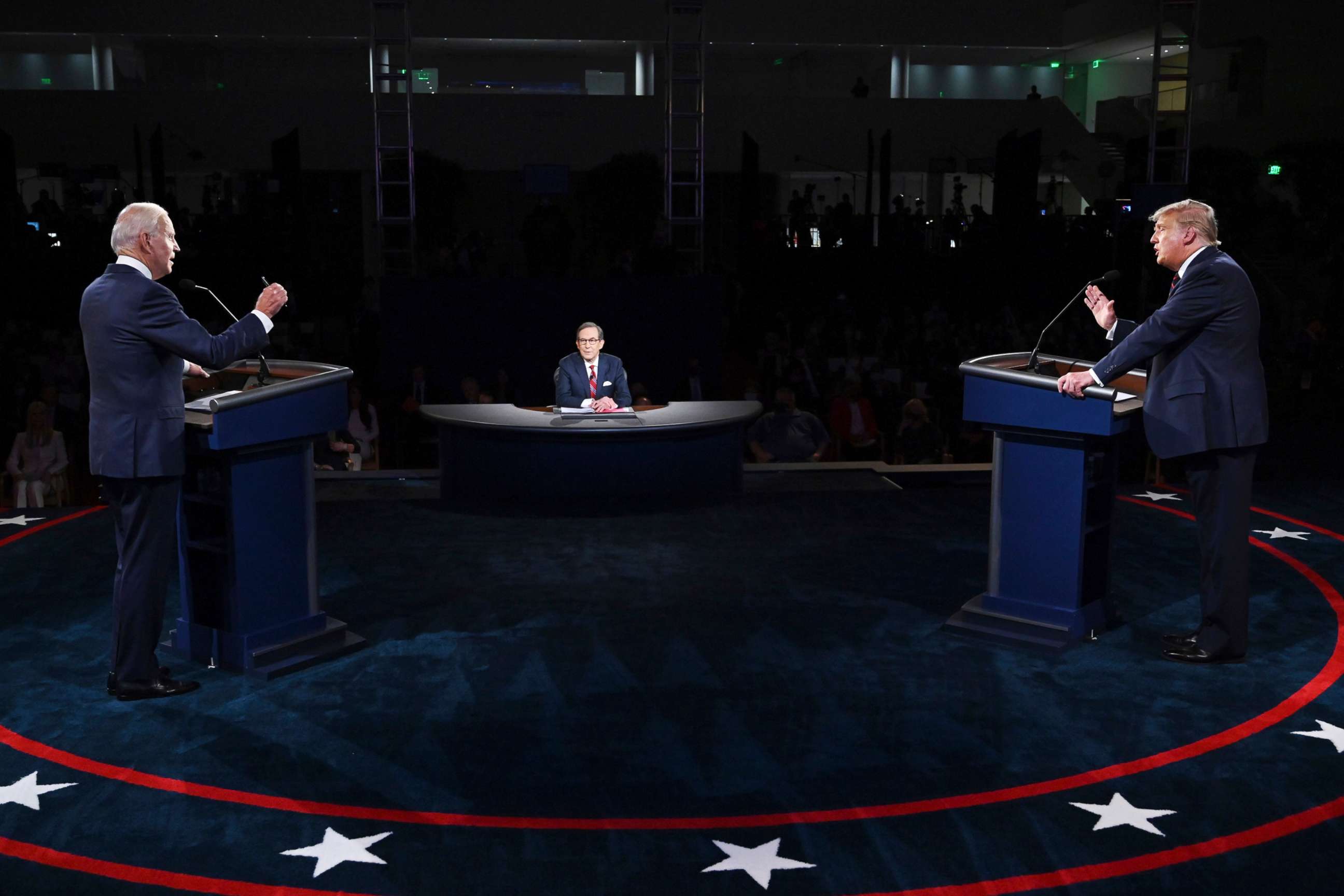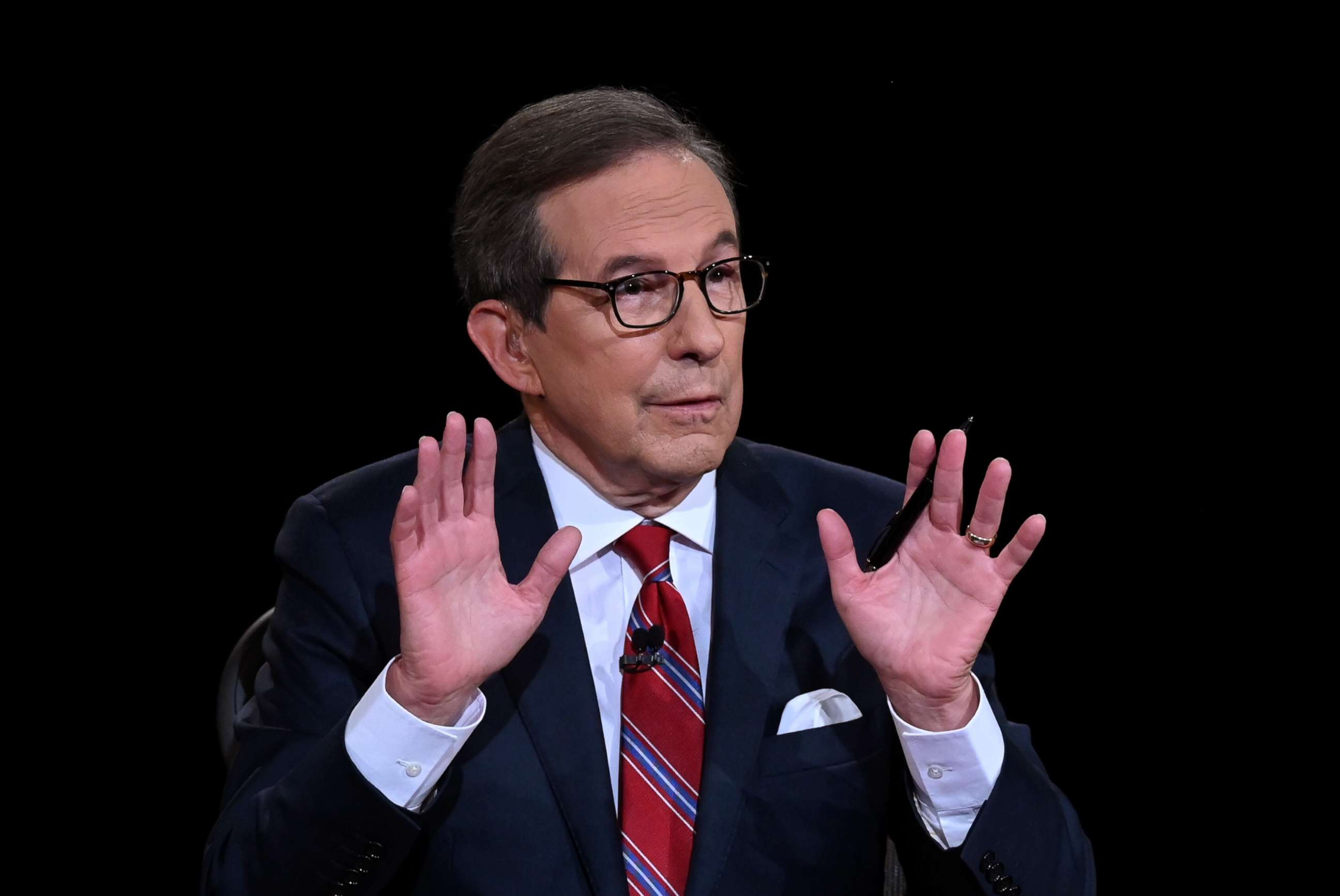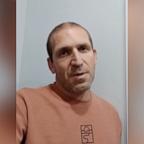Will the candidates urge their supporters to stay calm, civil while ballots are counted?
When asked by Wallace if he would urge his supporters to stay calm during the extended period after the election when ballots are still being counted, Trump did not give a definitive answer.
"I'm urging my supporters to go into the polls," Trump said.
"I am urging my people -- I hope it's going to be a fair election, if it's a fair election," the president continued.
"You're urging them what," Wallace interrupted.
"I am 100% on board, but if I see tens of thousands of ballots being manipulated, I can't go along with that."
"What does that mean?" Wallace pressed.

The president did not clarify. Trump has previously falsely claimed mail-in ballot fraud.
When Biden was asked the same question, he responded with a definitive, "yes."
"Here's the deal," Biden added. "The fact is I will accept it, and he will too. You know why? Once when the winner is declared after all the -- after all the ballots are counted -- all the votes are counted, that'll be the end of it."
Biden finished by saying he will "support the outcome" either way.




